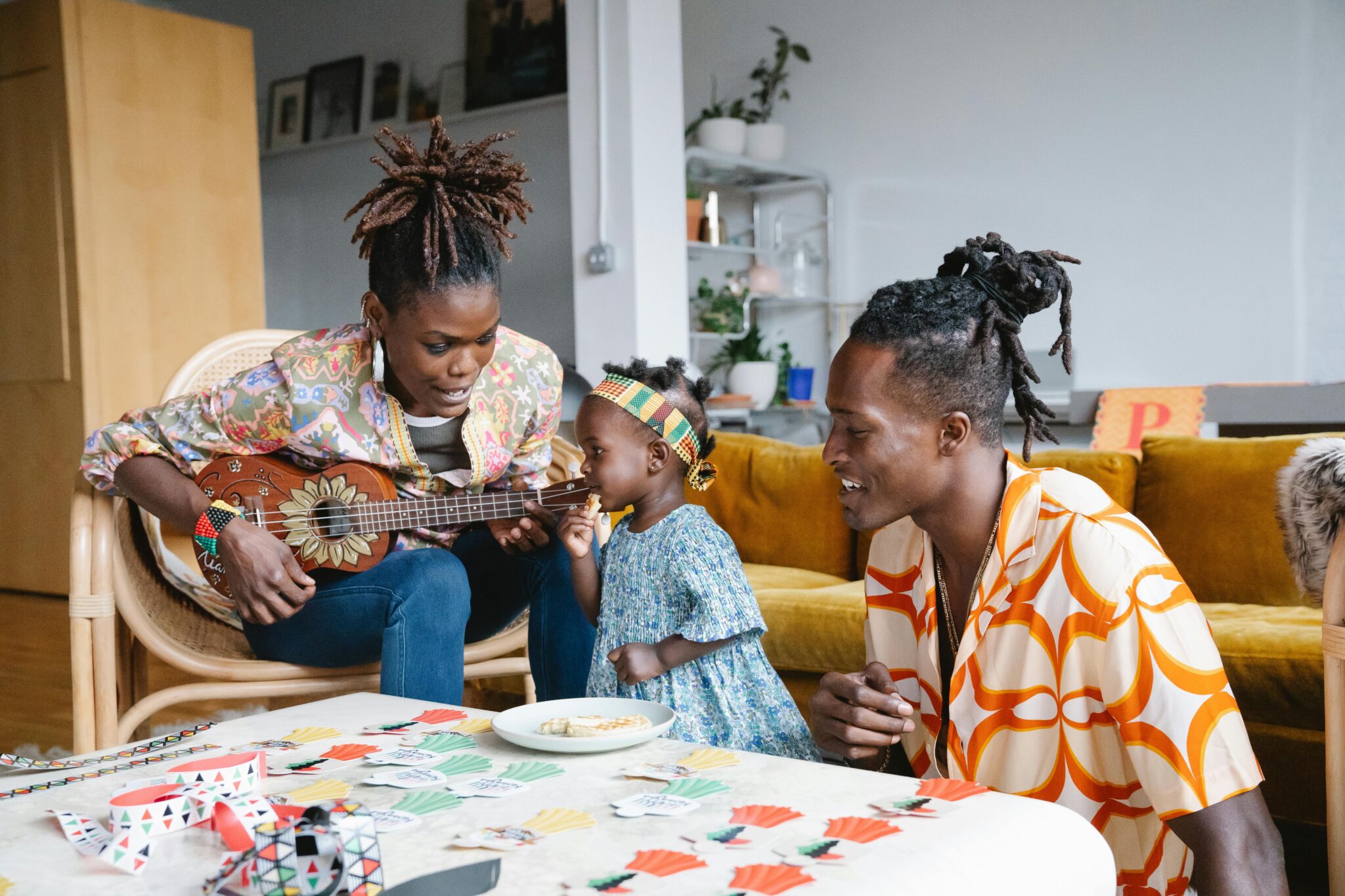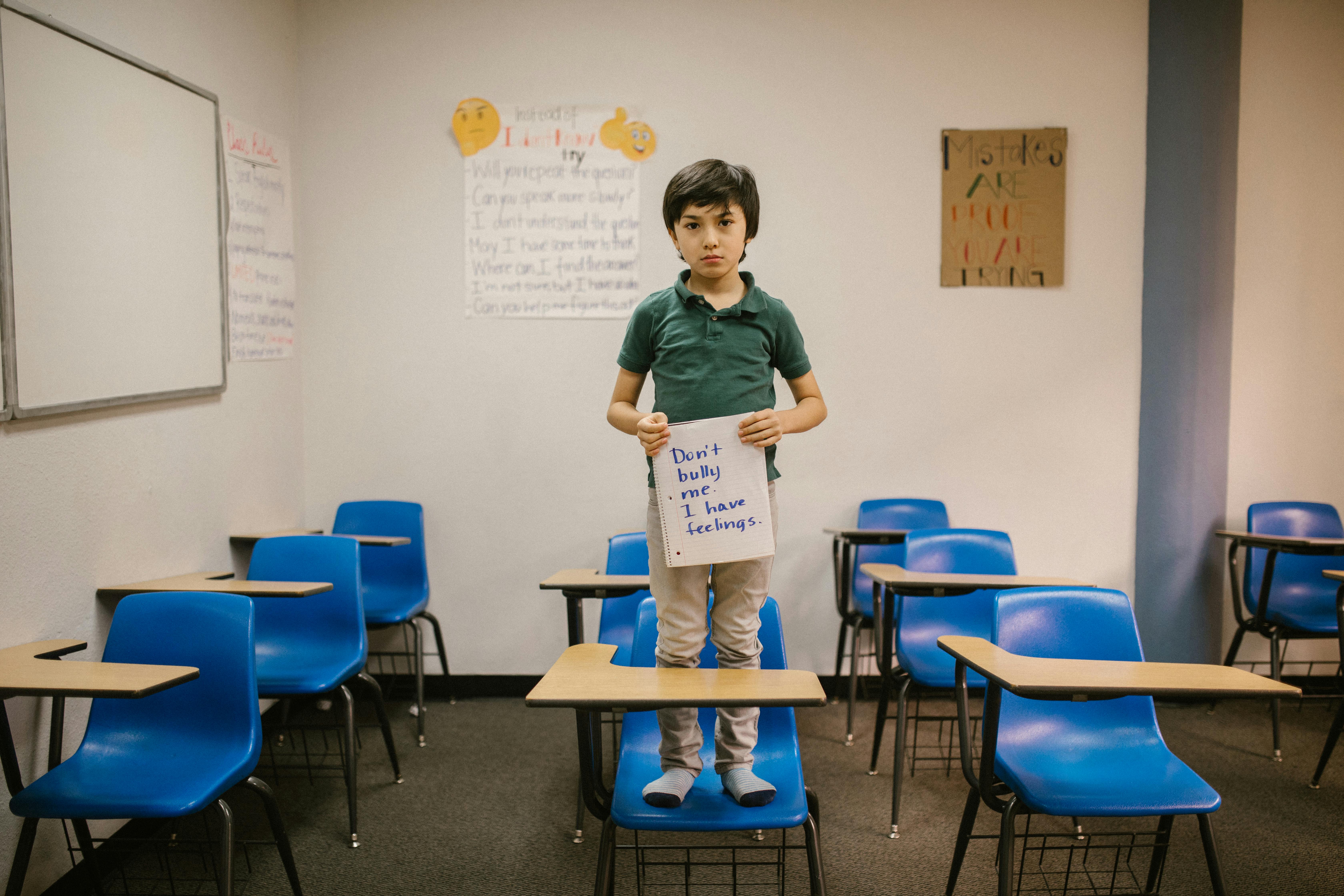
Challenges of Blending Traditional and Modern Parenting in Africa; Parenting in Africa is shaped by rich traditions passed down through generations, but times are changing. Balancing these customs with modern parenting approaches can be a delicate task. While tradition emphasizes community values and respect, contemporary methods often focus on individuality and flexibility. This mix brings opportunities but also unique challenges for families. Understanding how to merge these styles is essential for raising empowered, well-adjusted children in today’s world.
Cultural Discrepancies between Traditional and Modern Parenting(Challenges of Blending Traditional and Modern Parenting in Africa)
Parenting styles in Africa are deeply influenced by cultural beliefs, which evolve as times change. Traditional parenting often reflects long-standing societal norms, while modern methods lean toward contemporary values influenced by global trends. This creates differences that can challenge families trying to blend these approaches. Let’s explore how these contrasts shape parenting practices.
1.Values and Norms
In traditional African societies, parenting focuses heavily on communal responsibility. The well-known proverb, “It takes a village to raise a child,” illustrates the concept well. Parents, extended families, and even neighbors share in raising children. This system instills community values like sharing, respect, and a sense of duty. Children grow up understanding their role within the community and learn to prioritize collective well-being over personal interests.
On the other hand, modern parenting often emphasizes individualism. Parents today might encourage children to express their personal preferences, ambitions, and opinions. Western ideals, which underline autonomy and self-expression, have a growing influence. As a result, some families face conflicts when traditional expectations of obedience meet modern wishes for negotiation and independence. Finding a middle ground between these opposing ideals can stretch family dynamics, especially for parents navigating both worlds.
Which approach is better? Neither is inherently right or wrong. It’s up to each family to find balance—teaching children the strength of community while also fostering confidence in their individual choices.
2. Child Discipline Methods
When it comes to discipline, traditional African parenting often favors authoritative methods. Many parents believe in strict rules, clear boundaries, and sometimes corporal punishment as a means to correct behavior. In this context, the idea is to build respect for authority and maintain firm control, ensuring children grow into obedient, disciplined adults.
Modern parenting, by contrast, tends to reject this top-down approach. Instead, it promotes open communication and negotiation. For example, parents might explain the reasons behind rules rather than enforcing them without question. Discipline is seen as an opportunity to guide and teach rather than control. Techniques like time-outs, reasoning, or reward systems are gaining prominence in many African households exposed to global parenting trends.
The shift from authoritative to communicative discipline isn’t without challenges. Many parents worry modern methods might lead to leniency or a lack of respect for elders. Others feel torn, unsure if less rigid approaches will work within traditional societal frameworks. These differing perspectives often highlight a generational gap between parents and grandparents.
3. Educational Expectations
Education is another area where traditional and modern parenting differs significantly. Traditionally, education wasn’t limited to formal schooling. Parents and elders placed emphasis on life skills, morals, and cultural knowledge. Children learned trades, farming techniques, and family values, which often took precedence over classroom education. Success was measured by how well children upheld traditions and contributed to household responsibilities.
Today, education looks very different. More parents view formal schooling as the key to future success, aiming for children to excel academically. Many modern parents value academic achievements over traditional life lessons, believing a solid education opens doors to better opportunities in the global economy. Private education, extracurricular activities, and technology use in learning reflect these evolving priorities.
Despite this shift, challenges arise. Balancing traditional teachings with modern academic pressure can leave families feeling stretched. For instance, grandparents might criticize parents for prioritizing school over passing down family values. Similarly, children can feel overwhelmed trying to meet both sets of expectations—cultural knowledge at home and academic excellence at school.
Families bridging these differences must ask themselves important questions. How do you preserve the wisdom of the past while equipping children for the demands of the future? It’s a balancing act that requires thoughtful adaptation every step of the way.
Economic Factors Influencing Parenting Styles(Challenges of Blending Traditional and Modern Parenting in Africa)
Parenting decisions often hinge on economic realities. In Africa, where income levels, job security, and access to essential resources widely vary, economic factors play a significant role in shaping how parents raise their children. These influences can heighten the challenges of blending traditional and modern parenting styles in many households.
Access to Resources
Economic disparities often create wide gaps in access to critical resources like education and healthcare, directly impacting parenting practices. For example, parents in low-income communities may struggle to afford quality education, leaving children reliant on overcrowded public schools with limited resources. Without access to adequate learning materials or extracurricular opportunities, it can be hard for these children to compete with peers from wealthier families. Parents in such situations might prioritize traditional life skills over formal education, believing the former to be a more practical investment.
Healthcare access works similarly. Families with limited means may face obstacles in accessing vaccinations, routine check-ups, or even nutritional support for their children. This often pushes parents to lean on traditional remedies or home-based solutions handed down through generations. While traditional methods have their value, they can sometimes fall short of the preventative care offered by modern health systems. These inequalities often create tension as parents try to merge traditional reliance on community care with modern healthcare demands.
Families with better financial resources, however, enjoy greater flexibility. They’re more likely to invest in private education or health insurance, granting their children greater opportunities for advancement. But even among wealthier families, balancing these privileges with maintaining cultural identity can be complicated. How do you provide access to global opportunities while ensuring kids remain connected to their roots? It’s a difficult needle to thread.
Employment Trends
Employment trends across Africa profoundly affect parenting styles, often shifting family dynamics based on job stability or lack thereof. Many parents work informal or low-paying jobs, moving frequently to seek better opportunities. This mobility can disrupt family cohesion, making it harder to sustain strong bonds between parents and children. Traditional parenting, which relies on extended family and communal support, often becomes a fallback when parents are away earning a living. In these situations, older relatives—grandparents, aunts, uncles—may step in as surrogate caregivers, allowing the family to maintain its cultural traditions.
On the other hand, parents in stable or higher-paying jobs may prioritize modern parenting approaches. They’re more likely to focus on nurturing their children’s unique talents, encouraging individual goals, and investing time in open communication. However, even for families with financial security, the challenge of work-life balance remains. Many African parents working in corporate roles or running businesses may find themselves adopting aspects of Western-style parenting, such as negotiating with their children or using non-authoritative discipline methods, simply due to time constraints.
In addition, growing urbanization has led to a rise in dual-income households, significantly altering traditional parenting roles. Mothers, once primarily responsible for child-rearing, now often share or even shoulder the financial burden. This shift forces many families to adjust their expectations about parenting responsibilities. Fathers may step into roles traditionally held by mothers, creating a blend of modern and traditional parenting practices that can feel both progressive and unfamiliar.
Ultimately, employment circumstances play a critical role in determining whether parents lean toward more traditional or modern styles. It’s a delicate dance influenced by necessity, opportunity, and values.
Impact of Technology on Parenting Practices(Challenges of Blending Traditional and Modern Parenting in Africa)
The rise of technology has reshaped every aspect of life, including how parents interact, discipline, and raise their children. In Africa, where traditional values have long been the backbone of parenting, integrating technology into family life presents both opportunities and challenges. While technology offers tools for learning and communication, it also raises questions about maintaining cultural identity and boundaries. Below, we’ll explore two critical areas where technology has significantly influenced parenting practices.
Communication Techniques
Communication within families has evolved dramatically due to technological advancements. In traditional African parenting, interactions were primarily face-to-face. Conversations happened at meal times, during family gatherings, or while working together on household or community tasks. These moments reinforced values, connected generations, and built trust in the family structure.
Now, technology is redefining how families communicate. Parents and children often rely on smartphones, messaging apps, and social media to stay in touch. Instead of conversations around the dinner table, you’ll find families texting from different rooms or sharing updates in WhatsApp groups. While technology bridges physical distances, especially for parents working abroad or in far-off cities, it can also weaken emotional connections when overused.
Children growing up with screens may become more comfortable expressing themselves online than face-to-face. This shift can make traditional practices like storytelling or seeking advice from elders feel outdated. It raises a key question for parents: how do you balance the convenience of technology with the need for meaningful, personal connections?
Some families are finding ways to blend both worlds. For example:
- Scheduling device-free times for meals or other family activities.
- Using video calls to involve grandparents or extended family members in daily life.
- Encouraging children to ask elders questions about their heritage, turning digital communication into a cultural teaching tool.
By being intentional about how they use technology, parents can preserve face-to-face interactions while benefiting from digital tools.
Screen Time Management
Screen time is one of the most debated topics in modern parenting, and it often clashes with traditional perspectives on how children should spend their time. In the past, free time was spent outdoors, learning survival skills, or engaging in community activities. There was little to no concept of “screen time,” as the focus was on fostering life skills through active participation.
Today, screens dominate much of a child’s daily routine. Whether it’s watching YouTube, playing video games, or attending virtual classes, screens have become both a tool for education and a source of entertainment. For modern parents, it’s easy to turn to screens as a babysitter, but this can lead to conflicts with older generations who might see screen use as a distraction from family values. Most times these screen times are not carried out to the letter.
Here’s where the challenge lies: traditional homes value physical activity, shared responsibilities, and direct social interactions. Modern parenting, however, often involves negotiating screen limits and setting rules around appropriate use. Navigating these differing perspectives can feel overwhelming.
To find balance, parents can consider these strategies:
- Set clear boundaries: Create rules about when and how screens can be used. For example, no screens during family time or before bedtime.
- Incorporate cultural lessons into screen use: Introduce children to apps or videos that teach African history, languages, or traditions.
- Encourage offline activities: Balance screen time with opportunities to play outside, engage in chores, or spend time with siblings and extended family.
While screens are here to stay, parents need to stay mindful about how much time is too much. Striking the right balance doesn’t just calm tensions between traditional and modern views but also helps children develop healthier habits in the digital world.
The role of technology in parenting is complex, weaving traditional expectations with modern conveniences. In the end, how families choose to adapt will depend on their values, priorities, and willingness to create harmony between both approaches.
Conclusion(Challenges of Blending Traditional and Modern Parenting in Africa)
The tension between old and new styles of parenting is a chance to rethink priorities. Instead of seeing it as a battle, embrace it as a way to grow together. Open discussions and compromise are key. How can you turn these differences into strengths in your family?
The answer is yours. Based on the issues raised above and the suggestions canvassed, we can resolve these conflicts positively.








Add comment